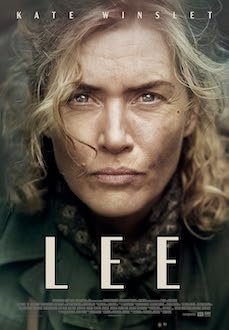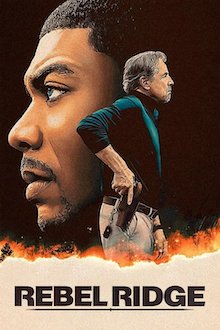Direction: Tim Burton
Country: USA
The much-vaunted return of Tim Burton, who rose to fame with films such as Edward Scissorhands (1990), Ed Wood (1994), and Sweeney Todd (2007), happens with Beetlejuice Beetlejuice, a visually inventive yet flawed sequel to his 1988 cult classic. Despite the 36-year gap, the original ‘80s vibe lingers in this formulaic work, whether you call it absurdist supernatural comedy or macabre dark fantasy or both. Michael Keaton returns, reprising his role as the trickster demon, as well as Winona Ryder as psychic Lydia Deetz, and Catherine O’Hara as her eccentric stepmother, Delia. The cast expands with Monica Belucci as a stitched-up, soul-sucking ghost, joined by Danny De Vito, Jenna Ortega, Willem Defoe, and Justin Theroux. Unlike the others, the latter two had never worked with the director before.
While packed with Burton’s trademark surrealism, the plot — scripted by Alfred Gough and Miles Millar — feels chaotic, marked by frantic pacing, loose subplots, and forgettable villains. The film tries to balance nostalgia for long-time fans with attempts to win over a new generation but often feels like a haphazard spectacle. Despite its energetic antics and quirky visuals, Beetlejuice Beetlejuice lacks the cohesion needed to truly captivate, leaving audiences dizzy yet unsatisfied. When the credits roll, you may feel you’ve spent 104 minutes in a world of Burton-esque antics, but without much of a payoff.








































